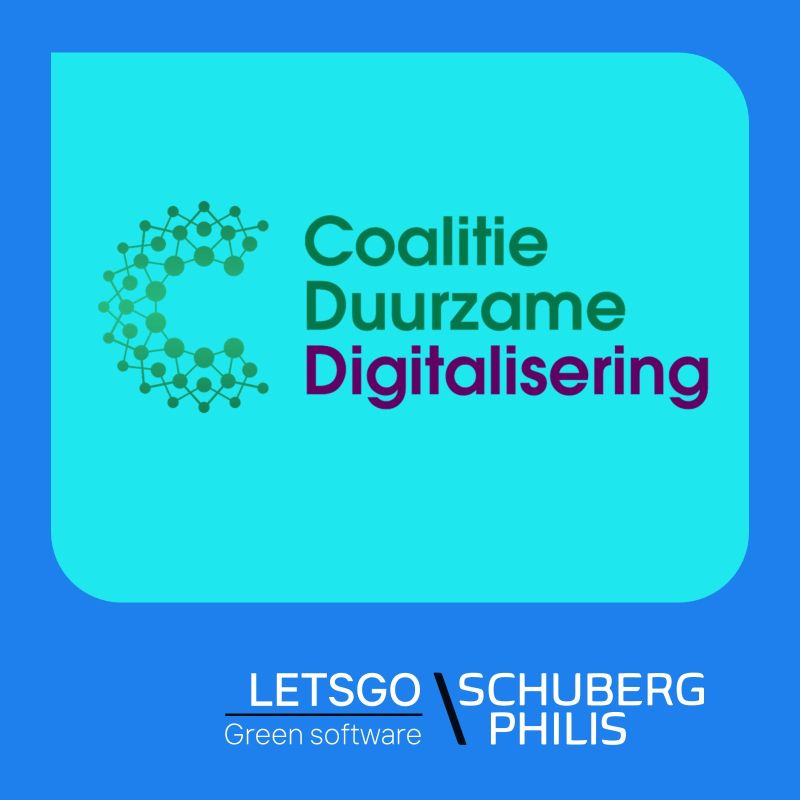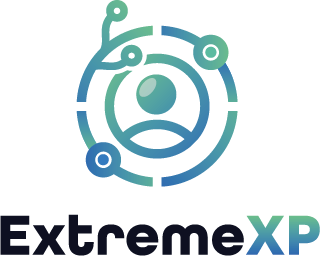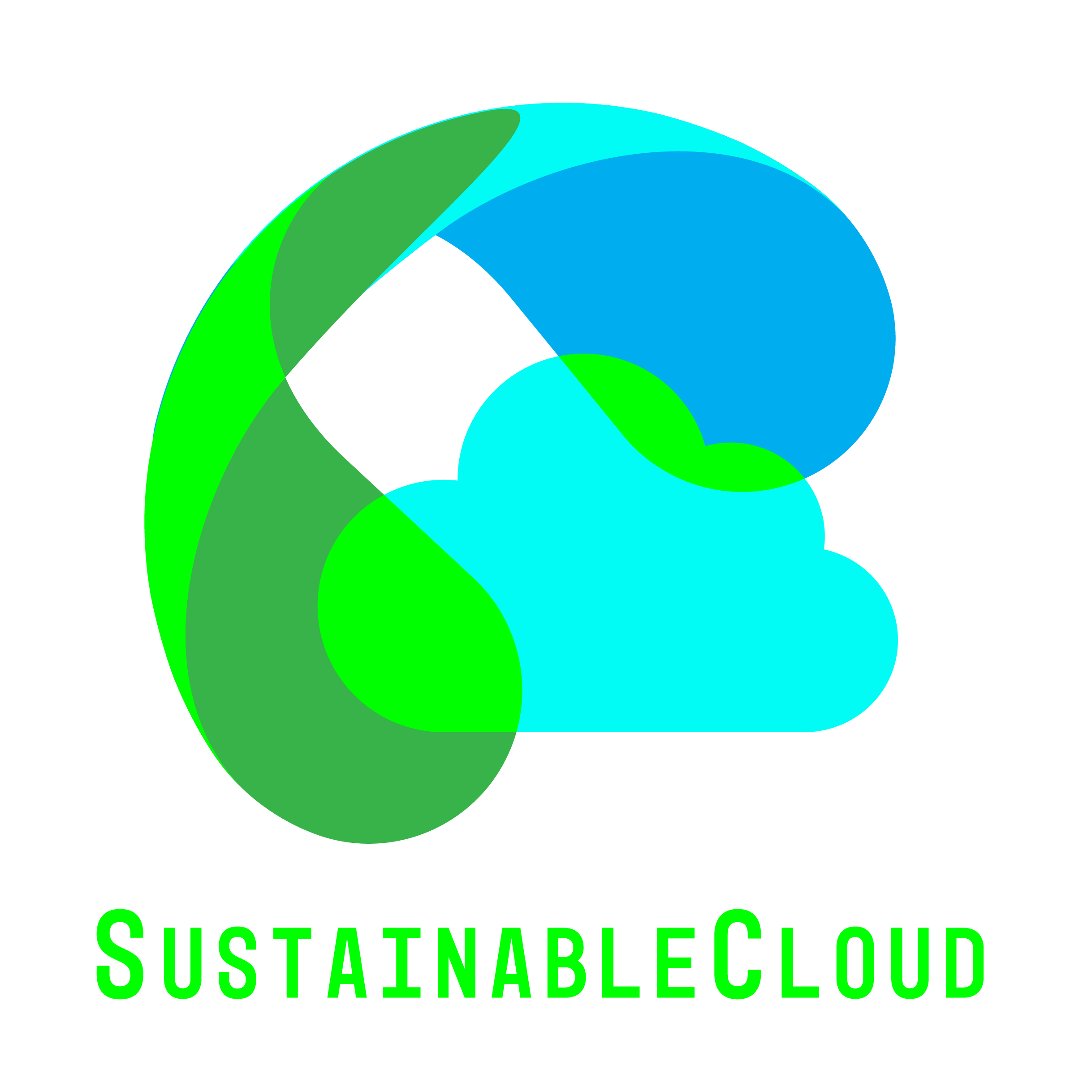Ongoing research projects

LETSGO
A promise of public cloud computing is the significant reduction of the energy footprint that is enabled by economies of scale. Cloud services typically decrease energy consumption compared to on-premise data centers, due to less overheads, frequent technology updates, and more efficiency in scalability.
[Read more.]

ExtremeXP
This EU-funded project provides capabilities for learning from experimentation to predict user requirements, profiling the user, and proactively generating the accurate analytics workflow towards more precise outcomes and personalized insights for decision making.
[Read more.]

uDEVOPS
This project aims to form an international and inter-sectoral research network via bidirectional secondments focusing on SQA for µDevOps engineering processes in 4 key drivers – Context Learning via AI/ML, Continuous in vivo testing for service-based software in agile/DevOps processes, and risk assessment.
[Read more.]

SustainableCloud
In this project, we aim to answer the fundamental questions about how sustainability is affected by the way software running in the cloud is structured, and in doing so, develop tools that help making software more sustainable.
[Read more.]

Green Lab
The S2 research group designs and conducts empirical experiments for solving what we call “industrial technological dilemmas” so to leverage companies from the burden of spending time and resources on risky technical choices, lengthy side-projects, and waste of resources.
[Read more.]

Human Factors Club
This club will meet on the third Wednesday of every month at 15:00 to discuss human factors papers and their relation to ICT. Snacks and drinks included. For more information, click here.
Past projects
- BUMBLE - Blended Modelling for Enhanced Software and Systems Engineering
- Green Tactics for Robotics Software
- Lower Energy Acceleration Program (LEAP)
- MRA Greening the cloud
- Large-scale Data Gathering on Software Energy Efficiency
- NESSI
- S-Cube
- CALCE
- SQUA3RE